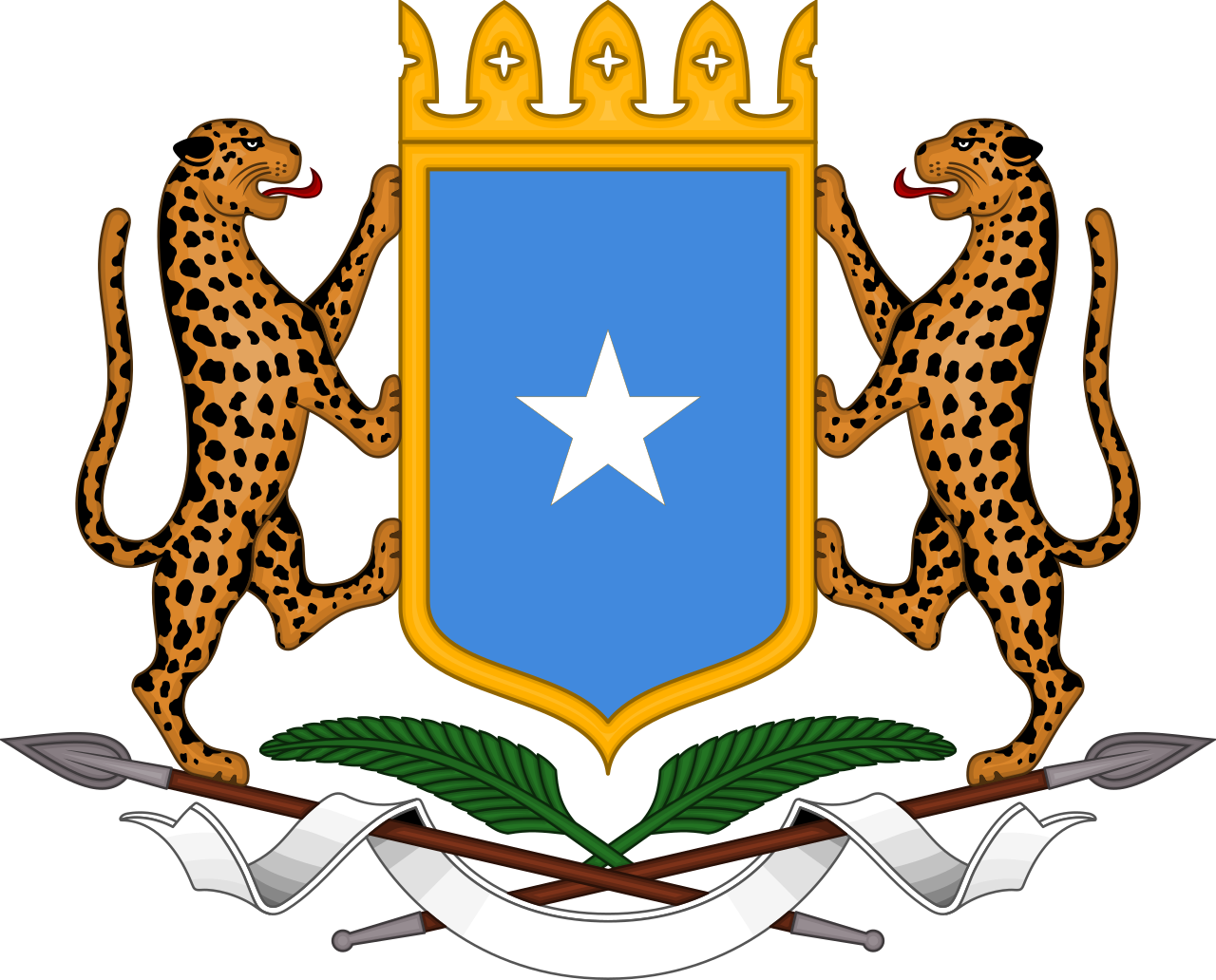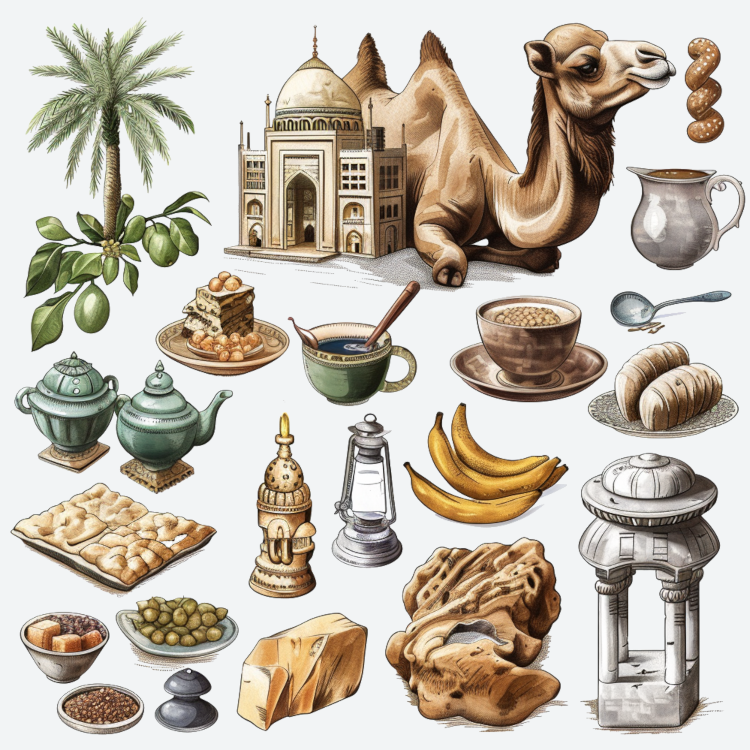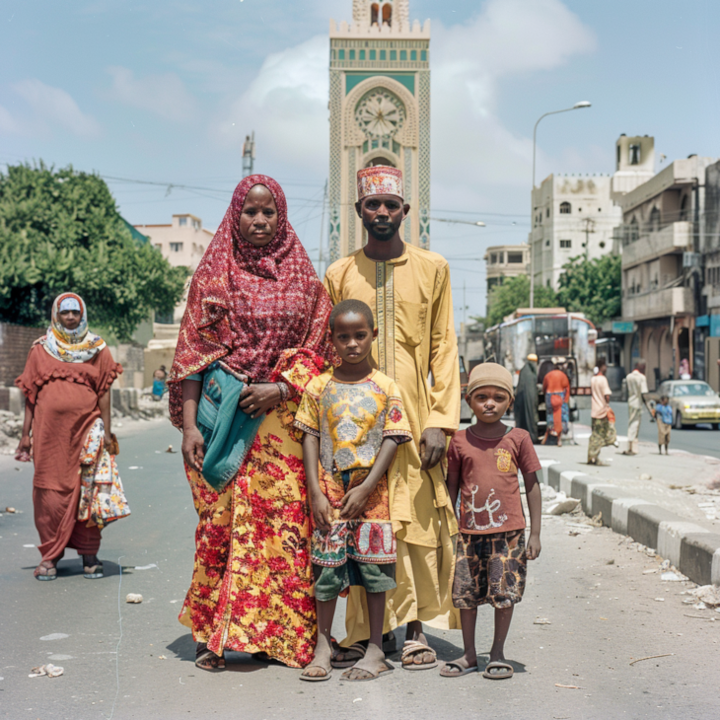About SO

Location
Somalia is located on the eastern coast of Africa, known as the Horn of Africa. It is bordered by Ethiopia to the west, Djibouti to the northwest, and Kenya to the southwest. To the north, it has a coastline along the Gulf of Aden, and to the east, it has a coastline along the Indian Ocean.
Capital
The capital city of Somalia is Mogadishu.
Population
As of the latest estimates, Somalia has a population of approximately 15 million people.
Area
Somalia covers an area of about 637,657 square kilometers (246,201 square miles), making it the 42nd largest country in the world by land area.
Official Language
The official languages of Somalia are Somali and Arabic.
Government
Somalia is a federal parliamentary republic. It has a system of government composed of a federal president, a prime minister, and a bicameral parliament consisting of the Senate (Upper House) and the House of the People (Lower House).
Independence
Somalia gained independence from Italy and Britain on July 1, 1960, when the former British Somaliland and Italian Somaliland were unified.
Currency
The currency of Somalia is the Somali shilling (SOS). However, due to the lack of a central government controlling the entire country, various regions may use different currencies, and the Somali shilling may not be widely accepted or stable in all areas.
Economy
Somalia's economy is primarily based on agriculture, livestock, and remittances from Somalis living abroad. The country has significant natural resources, including untapped reserves of oil and natural gas, as well as potential for fisheries and mineral exploitation. However, political instability, conflict, and piracy have hindered economic development and investment.
Natural Features
Somalia has a varied landscape, including arid plains, plateaus, and highlands, as well as coastal regions along the Indian Ocean and the Gulf of Aden. The country experiences a desert climate in the north and central regions, while the southern regions have a more tropical climate.
Culture
Somali culture is deeply influenced by Islam, which plays a central role in daily life and societal norms. Traditional Somali culture values hospitality, family, and community solidarity. Somali music, poetry (such as the art of oral poetry known as "maanso"), and dance are important cultural expressions.
Religion
Islam is the dominant religion in Somalia, with the majority of the population adhering to Sunni Islam. Islamic principles and traditions influence various aspects of Somali life, including law, education, and social customs.
Infrastructure
Somalia's infrastructure has been severely damaged by decades of conflict and instability. Access to basic services such as healthcare, education, and clean water is limited in many areas. However, efforts are underway to rebuild and develop infrastructure with support from international organizations and donor countries.
International Relations
Somalia is a member of the United Nations and the African Union, among other international organizations. The country has historically received support from various international partners for peacebuilding, humanitarian aid, and development assistance.
Challenges
Somalia faces numerous challenges, including political instability, terrorism, piracy, poverty, and recurrent droughts. Efforts to establish effective governance, security, and economic stability remain ongoing amidst these challenges.

National Items of Somalia
Camel
Camels are integral to Somali culture and economy, symbolizing traditional nomadic lifestyle, wealth, and sustenance.
Somali Wild Ass
The Somali wild ass is an endangered species native to the Horn of Africa. It symbolizes the country's unique wildlife and conservation efforts.
Frankincense
Somalia is one of the world's largest producers of frankincense, a resin used in perfumes and incense. It symbolizes the country's ancient trade routes, economic heritage, and cultural practices.
Baobab Tree
The baobab tree is found throughout Somalia and symbolizes resilience, longevity, and the natural beauty of the landscape.
Somali Shash (Headscarf)
The Somali shash is a traditional headscarf worn by women. It symbolizes cultural heritage, traditional fashion, and identity.
Somali Architecture
Traditional Somali architecture, including historic buildings like the Mogadishu Arch and ancient cities like Zeila, symbolizes the country's rich history, cultural heritage, and architectural ingenuity.
Durra (Sorghum)
Durra, or sorghum, is a staple crop in Somalia. It symbolizes agricultural heritage, sustenance, and traditional farming practices.
Somali Tea (Shaah)
Somali tea, often flavored with spices like cardamom and cinnamon, symbolizes hospitality, social customs, and cultural traditions.
Diraac (Somali Dress)
The Diraac is a traditional Somali dress worn by women. It symbolizes cultural identity, heritage, and traditional fashion.
Xalwo (Halva)
Xalwo, a traditional Somali sweet made from sugar, cornstarch, and ghee, symbolizes the rich culinary heritage and festive celebrations.
Somali Henna
Henna is used in traditional Somali ceremonies and body art. It symbolizes cultural heritage, artistic expression, and social customs.
Looma Ooyaan (Stone Monuments)
Looma Ooyaan, an ancient stone monument found in Somalia, symbolizes the rich historical and archaeological heritage of the country.
Traditional Somali Music
Traditional Somali music, featuring instruments like the oud and kaban, symbolizes rich musical heritage, cultural expression, and artistic traditions.
Bosaso Port
Bosaso Port is a major seaport in Puntland, symbolizing maritime heritage, economic significance, and trade routes.
Anjero (Injera)
Anjero, a traditional Somali flatbread, symbolizes the rich culinary heritage and the staple foods of Somali cuisine.
Somali Proverbs
Traditional Somali proverbs, often used in everyday conversation, symbolize cultural wisdom, oral tradition, and social values.
Nomadic Livestock Herding
Nomadic livestock herding, particularly sheep and goats, symbolizes traditional livelihoods, cultural heritage, and economic practices.
Tropical Fruits
Tropical fruits like bananas and mangoes are widely grown in Somalia, symbolizing agricultural diversity, economic importance, and natural abundance.
Somali Dagger (Billa)
The Somali dagger, or Billa, is a traditional weapon and tool. It symbolizes cultural heritage, craftsmanship, and traditional practices.

The anthem calls for unity, courage, and support among Somalis, urging them to rise together and take their rightful place among the nations of the world. It reflects the spirit of national pride and solidarity.
The national anthem of Somalia is called "Soomaaliyeey Toosoo" (Somalia, Wake Up). Here are the lyrics in the original Somali language along with an English translation:
Soomaaliyeey toosoo
Toosoo isku tiirsada ee
Hadba kiina taagdarro
Taageera waligiinee
Soomaaliyeey toosoo
Toosoo isku tiirsada ee
Hadba kiina taagdarro
Taageera waligiinee
Ka waranee dhiiga toosanow
Diyoo kale haddaa
Geedi aan ku dhaartoodaad hore
Dhilic la’aaniyo
Kow toosoo hadba kiina
Matalayso badeedda
Buurahaasoo reegmo dhow
Iyo booyada la fadhiyo
Waadheed oo aan dalka
Ka wada tiraynoow
Darajooyinka, hilibka
Dunida dhaafka kaga ridow
Soomaaliyeey toosoo
Toosoo isku tiirsada ee
Hadba kiina taagdarro
Taageera waligiinee
Soomaaliyeey toosoo
Toosoo isku tiirsada ee
Hadba kiina taagdarro
Taageera waligiinee
Wake up, Somalis!
Wake up, and support each other!
Let us hold hands
And lend each other our support
Wake up, Somalis!
Wake up, and support each other!
Let us hold hands
And lend each other our support
Take courage, blood of ours
And let us step into the world
That has gone past us
Leaving us behind
Rise up, Somalis, and support each other
Let us clean up our shores
And clear the green hills
And the rivers that flow between them
You who hail from one country
Let us come together as one
And take our rightful place
Among the nations of the world
Wake up, Somalis!
Wake up, and support each other!
Let us hold hands
And lend each other our support
Wake up, Somalis!
Wake up, and support each other!
Let us hold hands
And lend each other our support


